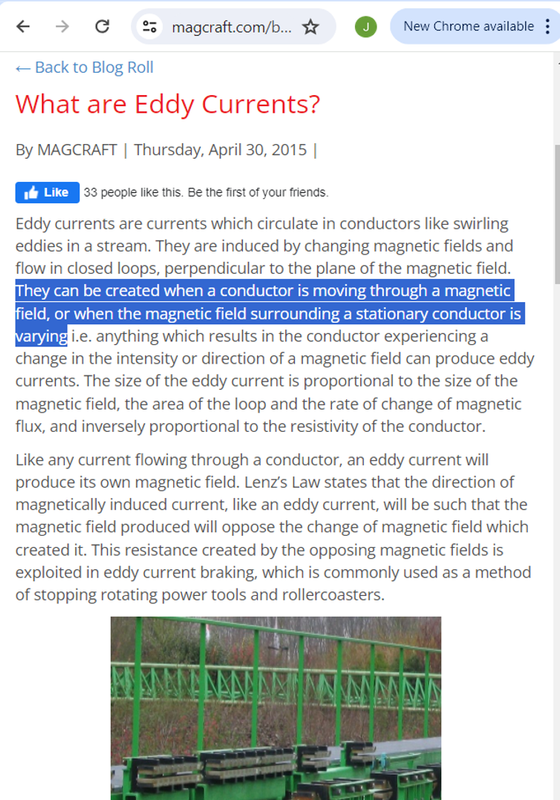The reason a lot of the gear mentioned affects sound has to do with the passive loudspeakers they contain that absorb and reradiate energy at various frequenciesI already explained, it’s not (rpt not) a classics physics issue, it’s a quantum mechanical issue. No, I’m not hot dogging you. Only the electric fields on CDs issue is a classical physics issue. The issue with books is also a quantum mechanics issue. Furthermore as I’ve commented on previously there are a great many things in listening rooms that hurt the sound that are quantum mechanical in the way they operate. Even though all these things are in no way in the signal path anywhere in the system, not house AC, speakers, electronics,, acoustic waves, etc.
An attempt at satire? What possible reason would I have to do that?
Here are examples of what I’m referring to, but certainly not all by any means,
Cellphones
Watches
Clocks
Radios
TVs
Computers
Laptops
Unused audio gear
Musical instruments
To demonstrate the effect, play a piece of music with good rhythmic drive and imaging then play the same track with a passive loudspeaker placed between your speakers and see if you can hear a difference.








